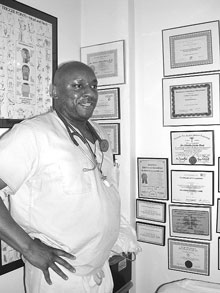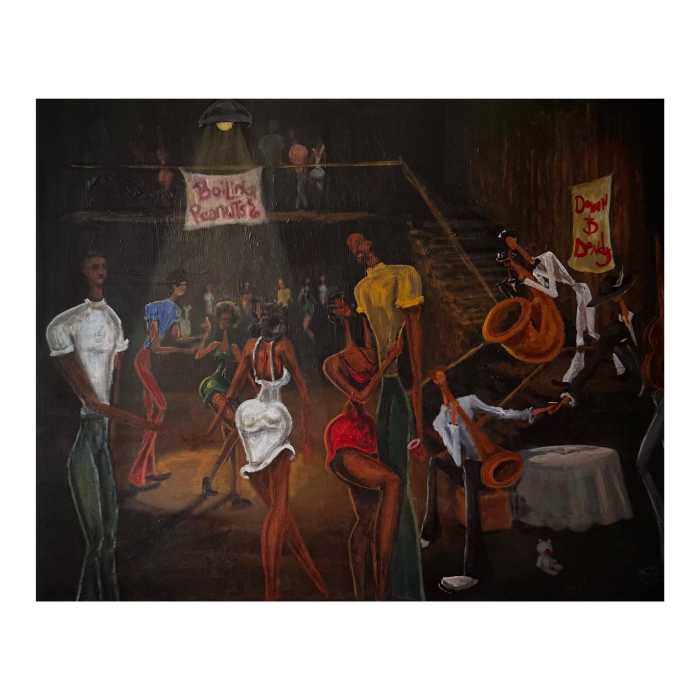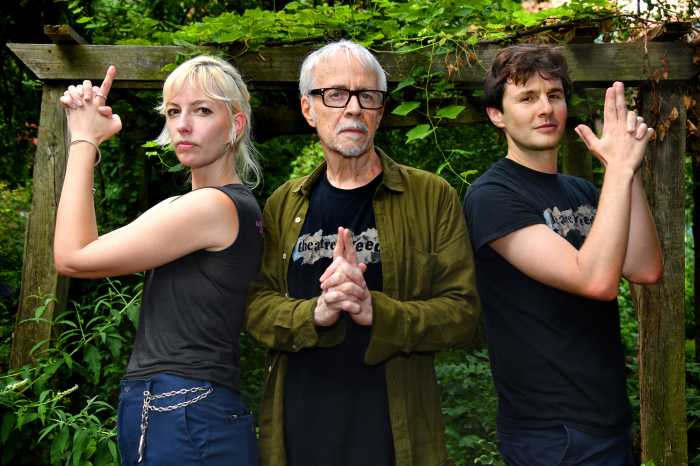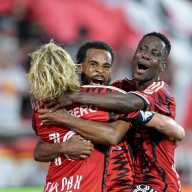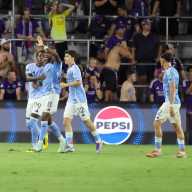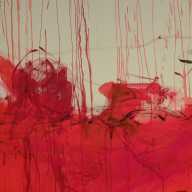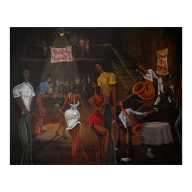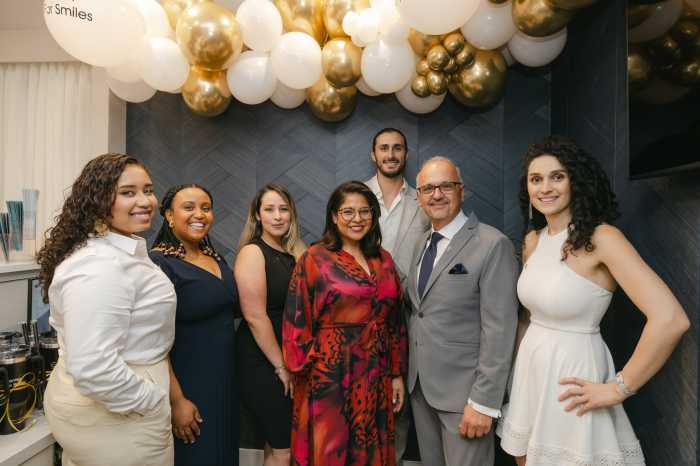By Judith Stiles
In folk medicine it was called “hands-on healing” when the power of the human touch was used to cure ailments and, at the very least, further the well-being of the patient. In modern medicine, it is widely accepted that human touch is vital for good health, especially in the development of babies. Doctors are not able to fully explain how human touch is so necessary for mental and physical health, but they believe in it.
Today, at The Perfect Body Health System, at 25 Fifth Ave., the office of physical therapist Sir Abdullah Smith-Ford of Greenwich Village, “hands-on” therapy is used to heal a variety of problems, such as sciatica, knee pain, migraines, attention-deficit disorder, sacroiliac strain, carpal tunnel syndrome, asthma, post-traumatic stress disorder, Tourette’s Syndrome, insomnia and other chronic problems. (Sir is Smith-Ford’s given first name.) Known as integrated manual medicine, the technique employs a combination of reflexology, massage therapy, acupressure and craniosacral therapy.
“Smith-Ford understands the intricate interplay between emotional and physical stress, how to approach the emotional through the physical and how to minimize the physical impact of cumulative tensions,” attests Dr. Shelia Sperber Haas, Ph.D. and medical science writer. “His integrative approach to healthcare, as well as massage and the broad array of other manual techniques, allows him to understand and intervene in soft-tissue dysfunctions,” she adds.
There seems to be a consensus among his patients that, in spite of all the complicated charts on the walls of his office, nobody understands exactly what he does, but they all agree that it works.
In 1999 when Rita Pabon first paid a visit to Smith-Ford she was desperate. She was suffering chronic pain from an “L 4” injury, an injury to her fourth lumbar. She was told by physicians that she should have surgery but should not expect to be able to walk fast or run at all afterwards. Worse, they told her not expect total recovery from pain. Not accepting the severe limitations she might face after surgery, she began therapy with Smith-Ford and faithfully stuck to his program for four years. In 2003 a new MRI revealed no injury to her fourth lumbar or any problems at all in her back.
The new MRI did not surprise her because she no longer felt the nagging pain in her back. How was she cured without drugs or surgery? According to Smith-Ford, “Emotional stress is often stored in the shoulders, neck, spine and lower back, causing rigidity and constant muscle tension. Stress can accumulate and cause congestion in the cells of the body, causing stagnation and lowered resistance to illness and physical trauma”. Besides just relaxing the patient, manual massage of the soft tissue increases the flow of oxygen and creates better circulation throughout the body.
Integrated manual medicine has been very effective in treating children with attention-deficit disorder. Sometimes it is used as a supplement to prescription drugs for children with severe A.D.D. problems. Smith-Ford emphasizes that in the last decade there has been a dramatic increase in children being given prescription drugs for A.D.D. and other neurological problems.
“Our society is a hyperactive society where children are often over-stimulated, lacking in physical activity, and they are rarely getting the proper amount of sleep or rest,” notes Smith-Ford. He believes that medicating children should be the very last resort, while other approaches to improved health should be attempted first. In conjunction with his massage and cranial therapy, he examines the total lifestyle of the child, making strict recommendations about diet, sleep and sufficient water intake.
Most people know that a headache is often caused by emotional stress and Sir Abdullah Smith-Ford will be the first to remind you that your head alone can weigh 25 pounds or more, making any headache unbearable. If you happen to be rushing through Washington Sq. Park with a Friday afternoon headache, Smith-Ford recommends you sit on the nearest park bench, take a few deep breaths and try to relax before popping an aspirin and coffee. If that doesn’t work, you might stroll up to his office on the corner of Fifth Ave. and Ninth St., where he will take a moment to show you the elaborate diagrams that illustrate how every muscle and every blood vessel delicately interconnects throughout your body.
“Pause, take a deep breath, close your eyes, you’ll last longer, and you probably won’t need aspirin after all,” declares Smith-Ford with a big smile.
For more information contact: The Perfect Body Health System, 212-477-5515.
WWW thevillager.com



